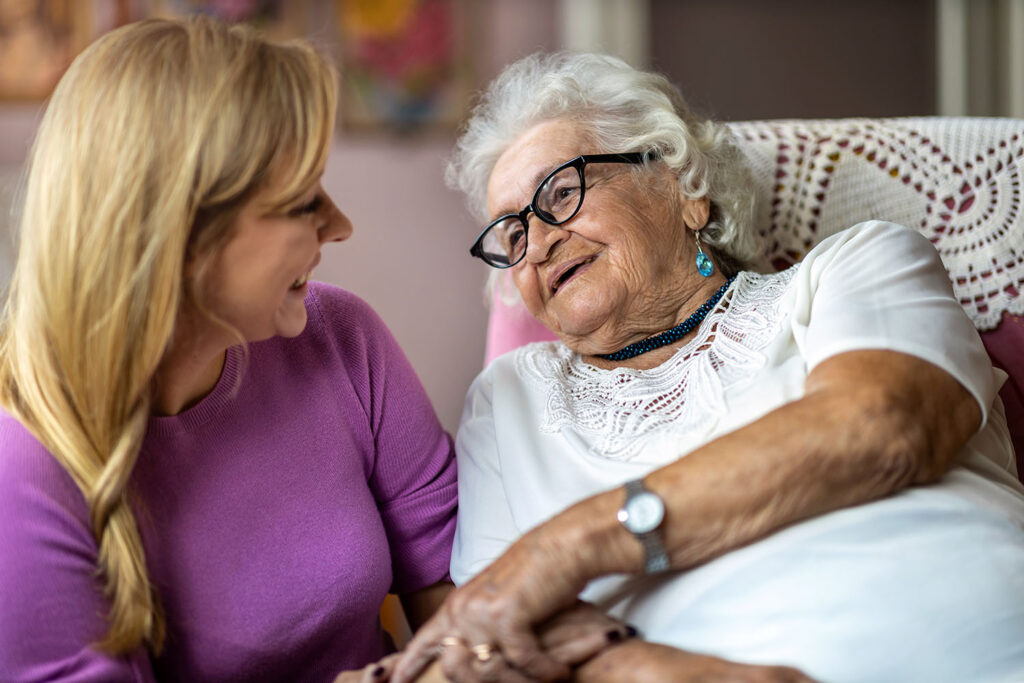
By Imani Holmer, Alliance Intern from UC Berkeley ‘25
Kindness positively impacts every facet of our lives. Studies show that kindness in relationships can lower stress, decrease the risk of chronic diseases, promote better immune functioning, encourage better lifestyle choices, and improve both sleep and mental health.
Columbia U assistant professor of psychology Dr. Kelli Harding delves into this topic in a Q&A with Columbia Psychiatry. Harding discovered the role kindness plays in health outcomes, finding that kind relationships enable people to navigate life knowing they have support in their endeavors.
She believes emotional physical health issues often require emotion-based solutions. As a medical doctor, she learned that “medical care, while critical, only accounts for 10-20% of our overall health status,” which inspired her to write The Rabbit Effect. The title is based on 1978 research in which researchers mistakenly found that despite receiving the exact same diets, rabbits that had been affectionately cared for had significantly better health outcomes than those who hadn’t. Kindness kept them healthy, and the same applies to us.
Amidst a loneliness epidemic, our health is at higher risk than ever. According to the US Department of Health, lack of social connection can lead to 29% increased risk of heart disease, 32% increased risk of stroke, and 60% increased risk of premature death. More than medicines, exercise, or diet, the treatment we need most is kindness.
Research shows that kindness counteracts negative health outcomes caused by stress and actively promotes positive outcomes. In contrast to stress, kindness is “associated with a 50% reduced risk of early mortality,” according to an article published in the American Journal of Lifestyle Medicine (AJLM). Kindness decreases “proinflammatory genes that are upregulated in response to stress…providing a consistent explanation for the decrease in mortality.”
“An important reinforcement mechanism that living beings have is the pleasurable feeling that comes from doing and seeing kindness,” according to the AJLM. “Studies have demonstrated that internal reward systems are activated by seeing or experiencing kindness, yielding a pleasurable experience…whereas loneliness (social isolation) is a painful and distressing experience. As organisms, particularly humans, seek pleasure and avoid pain, the activation of reward systems reinforces the behavior to connect and help one another.”
These cycles of kindness, if long-lasting, also have the potential to mitigate deep-seated sources of stress. One of Harding’s goals in publishing her book is to implement positive psychology more broadly as a solution, particularly in reversing the effects of trauma. “Trauma is widespread and has profound implications for our physical health if not addressed,” says Harding. It’s difficult to immediately fix long-term problems in people’s lives, but we can encourage forgiveness, community, and self-kindness to counteract them.
Kindness isn’t a perfect panacea, but it comes pretty close. Harding concludes, “Kindness is incredible because it costs nothing and benefits the doer, receiver, and anyone watching.” Kindness always counts, whether the action is big or small. And you don’t have to wait until Random Acts of Kindness Day on February 17.
